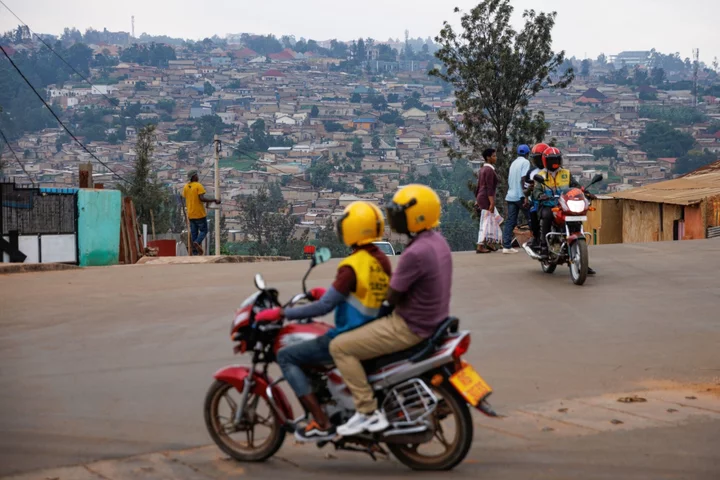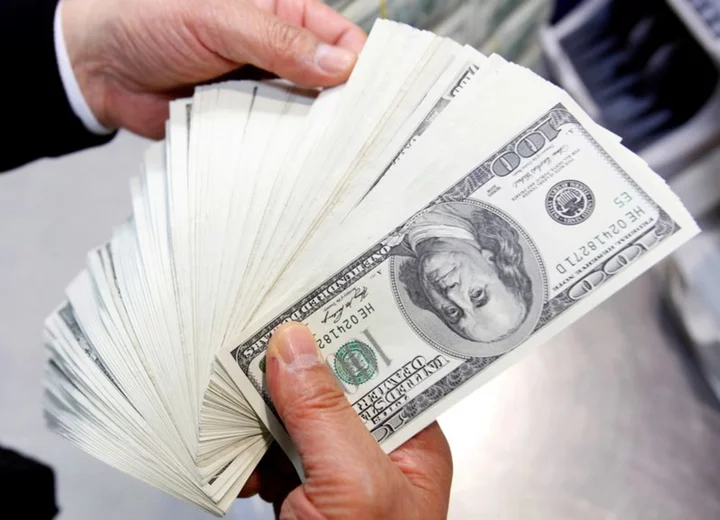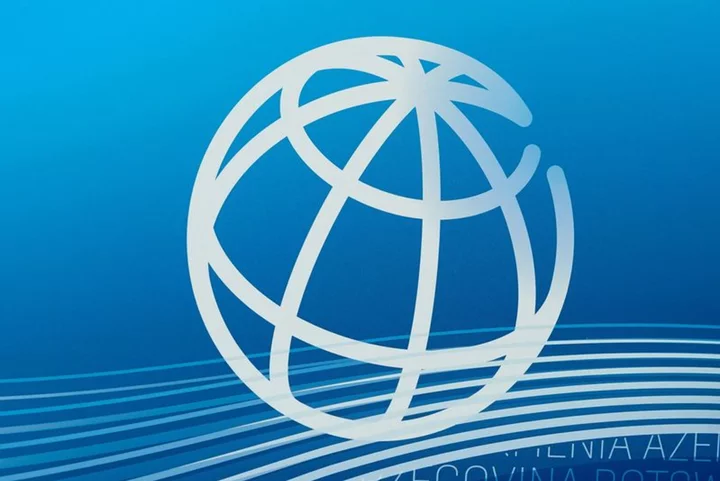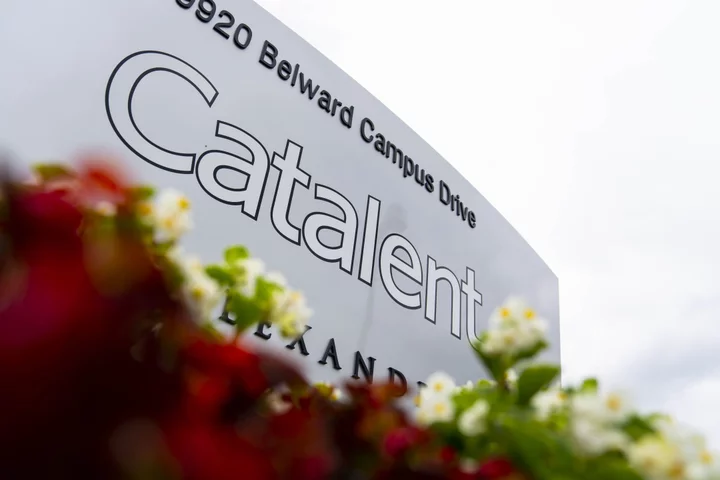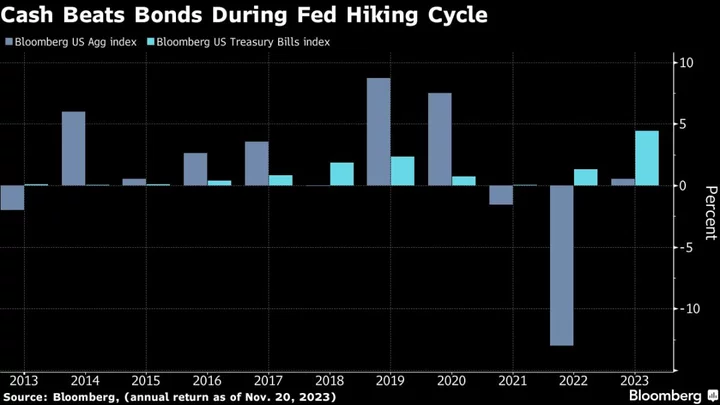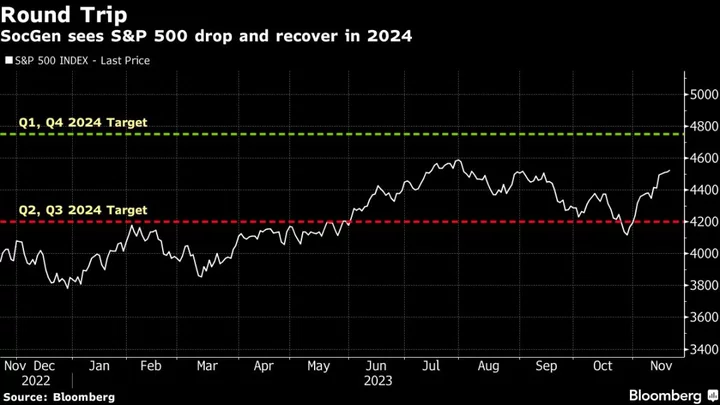With promises of climate finance from the developed world having largely remained unfulfilled, African nations are now looking to fill the gap themselves.
Egypt, Morocco, Benin and Ivory Coast are setting up so-called green banks under the guidance of the African Development Bank, according to Audrey-Cynthia Yamadjako, the lender’s principal climate officer. Rwanda, which had already been in the process of establishing such an institution itself, will begin lending to climate projects in 2024.
A 2009 pledge by developed nations to provide $100 billion in annual climate finance for developing countries that have been hit hard by climate change remained unmet until last year, according to Organization for Economic Cooperation and Development data.
In the intervening years, the need to build infrastructure to resist extreme weather, guard against droughts and floods and build clean-energy plants across Africa has surged. Local, climate-project focused banks that can tap concessional finance and lend in local currency, reducing project risk, are seen as one solution.
“We need to diversify,” Yamadjako said in an interview on Nov. 16. “We need to find other solutions for Africa.”
The AfDB, with the help of $43 million from the Green Climate Fund, raised $142 million for Rwanda’s bank, including contributions from itself, the Global Climate Partnership Fund, Denmark’s Danida, Agence Francaise de Developpement and the UK government. The bank expects to partner with private institutions to co-fund projects, an approach known as blended finance.
“It’ll be a model for the African region, especially African governments to have their own national green banks,” Yamadjako said.
While Rwanda was already putting in place a green bank, the next four will be entirely new institutions.
Still, the amount of money raised so far is a drop in the ocean in terms of what is required to adapt to rising temperatures and more violent weather. Rwanda alone has estimated it will need $11 billion by 2030 in its Nationally Determined Contribution, a pledge it has submitted to the United Nations.
“We are long way from meeting the needs,” Yamadjako said. “This is the most affected region in the world.”

